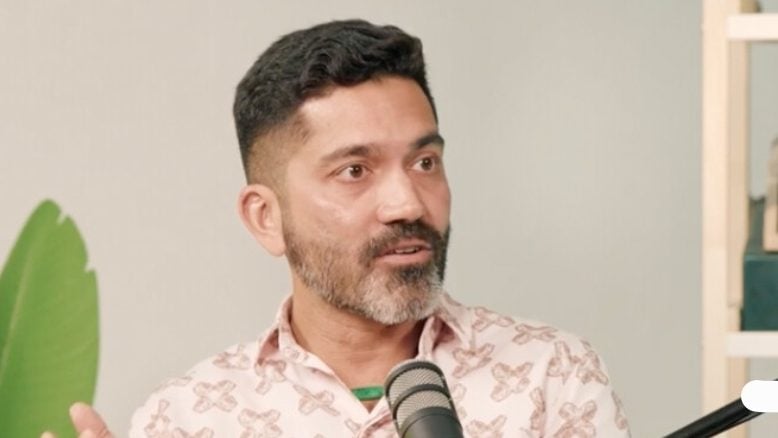SINGAPORE: Singapore digital magazine Jom has raised serious concerns over what it calls an “unjust” restriction on its ability to boost some of its content on Meta’s platforms, during the ongoing 2025 general election period.
In a strongly worded statement released on Monday, the alternative media outlet revealed that Meta, the parent company of Facebook and Instagram, had barred four of its articles from being boosted as paid content. The blocked articles include policy analyses and political profiles linked to the GE.
According to Meta, the restriction stemmed from a breach of Singapore’s Parliamentary Elections Act (PEA), specifically its provisions on Online Election Advertising (OEA).
Expressing disbelief at the classification of its journalism as equivalent to partisan political messaging, Jom said, “Essentially, the G had classified Jom’s journalism as election advertising, of the sort that political parties engage in. We were shocked.”
The magazine’s editorial team noted that promoting or “boosting” stories on social media was a standard practice used to reach new audiences. In this instance, however, their boosted posts had been flagged under Section 61K(1) of the PEA, which defines OEA as any online material that could reasonably be regarded as intending to promote or prejudice a political party or candidate during the election period.
Among the articles affected were two political profiles and two issue-based features, including one on inequality and another on housing that had originally been published 18 months ago.
Jom questioned whether the move was the result of a bureaucratic overreach or something more deliberate. “Was it an overzealous civil servant? Did an order come down because somebody doesn’t want us discussing Harpreet and Shan? Or because they feel the HDB issue may cost them votes?” the magazine asked.
It noted that it had reached out to the Infocomm Media Development Authority (IMDA) for clarification. The statutory board reiterated the alleged breach but offered no new explanation.
In the statement, Jom also argued that journalism should not be lumped together with campaign materials. The team asserted, “We are journalists, not politicians. Our work was never ‘intended’ to promote or prejudice anybody, but simply to analyse and report, as journalists do.”
The outlet added that the inability to promote its work on social media hinders both its growth and the broader democratic conversation in Singapore.
“Our ability to grow our readership and business through social media is vital,” it said, adding that such restrictions disproportionately affect small, independent outfits like theirs competing against “state-supported behemoths.”
While the barred content remains accessible for free on Jom’s website, the editorial team said the incident diverted time and resources away from their core election coverage. “We had to sacrifice GE coverage time — and frankly, rest, mental health — over the weekend to deal with this,” the statement read.
Beyond commercial concerns, Jom framed the issue as one of democratic importance. “Yes, the HDB issue and inequality are political hot potatoes. Yes, Harpreet and Shan are two politicians very much in the limelight during this GE. But why shouldn’t we be able to promote independent journalism about them?”
The magazine vowed to press on with its work despite what it described as an escalating “politics of fear.” “We will not succumb,” the team declared, “We’ll continue to do our honest work. We hope this helps you understand the system in which you live.”

